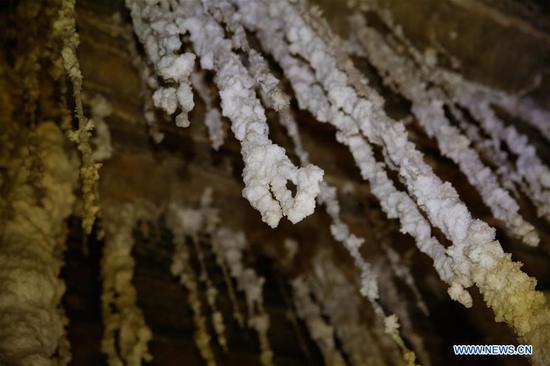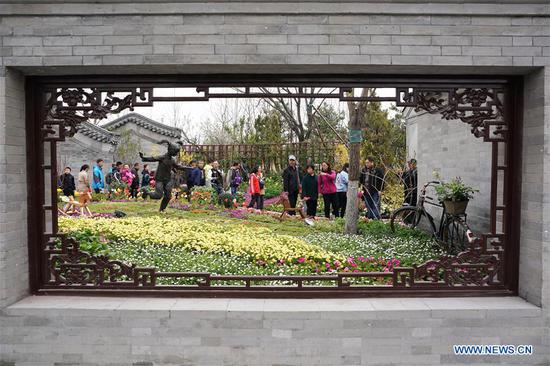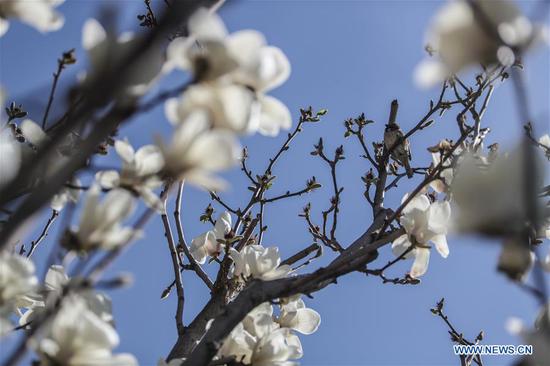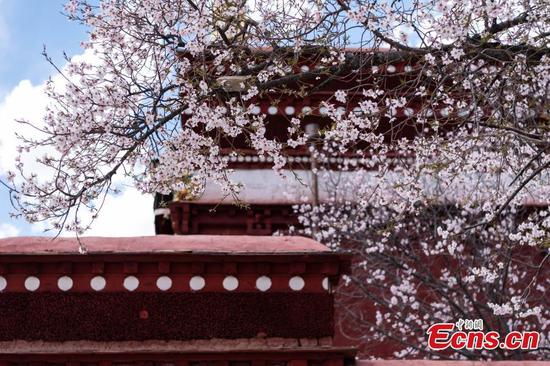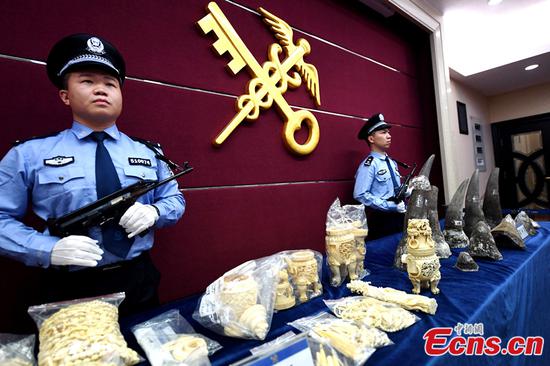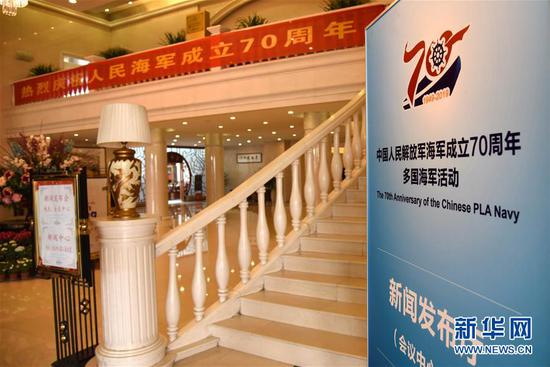China and Japan signed an agreement on Monday for the cross-listing of exchange-traded funds (ETFs), a step that will help investors from each side to buy each other's stocks.
The Shanghai Stock Exchange (SSE) and Japan Exchange Group (JPX) have agreed to establish an interconnection system for ETFs, and they plan to list funds that target ETFs in each other's markets, according to the agreement reached at the first China-Japan Capital Market Forum in Shanghai on Monday, domestic news site nbd.com.cn reported.
The cross-border funds will be established by fund companies in both countries through China's Qualified Domestic Institutional Investor and Qualified Foreign Institutional Investor programs, the report said.
China and Japan have made significant progress since signing memoranda of understanding on ETF cross-listings in October 2018, said China Securities Regulatory Commission (CSRC) Chairman Yi Huiman at the forum.
"Both sides have accelerated market access and strengthened regulatory cooperation," Yi told the forum through a video phone call.
The ETF cross-listing system, which will translate a commitment to closer financial ties into action, could be set up as early as May, the Nikkei Asian Review reported on April 16.
The first batch of China-based fund companies allowed to invest in ETFs in the Japanese market will be published soon. E Fund Management Co, China Asset Management, Hua An Fund Management Co and China Southern Asset Management Co have reportedly applied to invest in Japanese ETFs, and their applications were accepted on April 12.
The agreement marks further deepening of cooperation between the two capital markets, said CSRC Vice Chairman Fang Xinghai, a statement on the CSRC's website showed. China and Japan have huge cooperation potential in stock markets, Fang said.
"Japan has more long-term funds that need to invest in China's high-yield capital market, while China has more deposits that need to invest in stable markets in Japan," Fang said.
The cooperation will benefit stock markets in both countries, especially for blue chips in China's market, Li Daxiao, chief economist at Shenzhen-based Yingda Securities, told the Global Times on Monday.
China needs to learn from Japan capital market's role in supporting innovative and technology industries, officials said, as the traditional Chinese method of borrowing from banks is not applicable to new industries.
Japan has already established a multi-dimensional capital market, which includes exchange groups, local exchanges and a Green Sheet Market, said Fang.
The Tokyo Stock Exchange has set up a sector for emerging technology and innovative enterprises. This part of the market has more relaxed requirements for profits, allowing companies that haven't yet started to make a profit to list, and it has higher requirements on information disclosure, Fang said.














